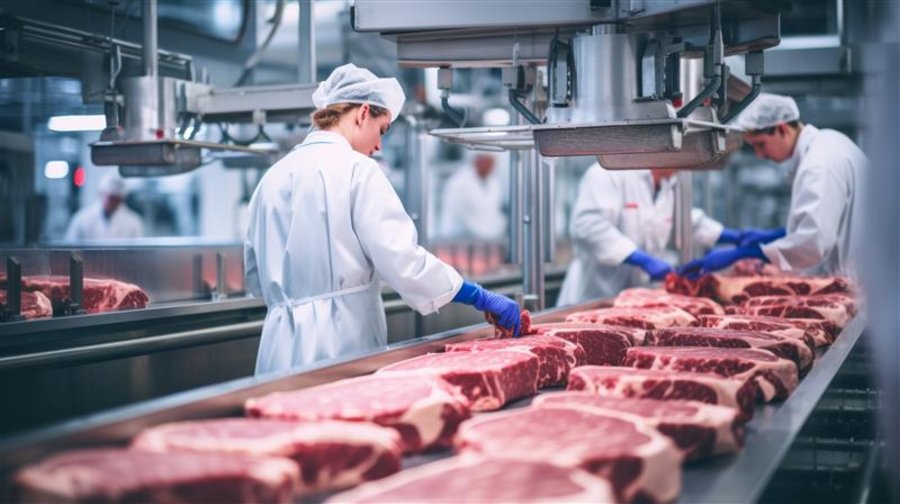You have not received a written employment contract from your employer?
A verbal employment contract is also legally valid, but you can only prove agreements with a written contract.
Your employer must provide you with the main terms and conditions of employment in writing (salary, working hours, type of work, etc.) no later than one month after the begin of employment. This document is not an employment contract! Therefore, ask for a written employment contract!
Your employer wants you to work without a written contract. He gives you the money in cash at the end of the month. What can you do?
Be careful if your employer does not want to give you a written employment contract and pays you your salary in cash! Your employer is probably not paying taxes and social security contributions. This is called "undeclared work". "Undeclared work" is illegal. You may have to pay a fine. For your employer, "undeclared work" has legal consequences. If you suspect that your employer has not registered you, go to an advice centre or your trade union.
How do you know if you have been registered by your employer?
Your employer must register you with the German Pension Insurance. This must be done on the first day of your employment. Ask for proof of this registration!
How much do you get paid in the hospitality industry?
In Germany, the minimum wage is 13.90 euros gross per hour (as of 2026). Tips are not part of your wage, you receive them in addition. Collective agreements may provide for a higher hourly wage. Ask your trade union whether a collective agreement applies to you.
A higher wage should be paid for qualified jobs. Make sure that you are paid fairly!
You work 10 hours a day. And that includes weekends. Is that legal?
According to the law, you are not allowed to work more than eight hours a day. This does not include breaks. The daily working time can sometimes be extended to ten hours. However, you may not exceed an average of eight hours a day in six calendar months or 24 weeks.
In the hospitality industry, you may also work on Sundays and public holidays. However, you must have at least ten Sundays off per year.
If you work more than two hours between 11.00 pm and 6.00 am, this is night work. As a rule, you are entitled to a supplement of 25 per cent per hour worked.
Important: Write down your working hours exactly. What did you do? Who can witness it? This is important in the event of a legal dispute.
Further information to download:
Working hours
Working time table
You work part-time, what do you need to bear in mind?
Do you not have fixed working hours? Then your employer must tell you at least four days in advance when you are to work. If you and your employer have not agreed on a specific number of hours per week, then 20 hours per week are deemed to have been agreed. You must be paid for these 20 hours.
You work in a mini-job. What are your rights and what do you need to bear in mind?
In a mini-job, you may earn a maximum of €603 per month. You are therefore only allowed to work a few hours. In a mini-job, you have the same rights as other employees in almost all areas. For example, you are entitled to
- the minimum wage of €13.90 gross per hour
- the collectively agreed wage, if a collective agreement applies
- a payslip
- holiday
- continued payment of wages in the event of (industrial) accidents, public holidays, maternity leave and illness (but usually no sick pay)
- bonuses, e.g. for working on public holidays, which your colleagues also receive
Frequent topics and problems
Consultancy request
If you would like a personalised consultation, please send us your consultation request here.
Important addresses in other countries
We also work together with our partner network abroad and can advise you.






